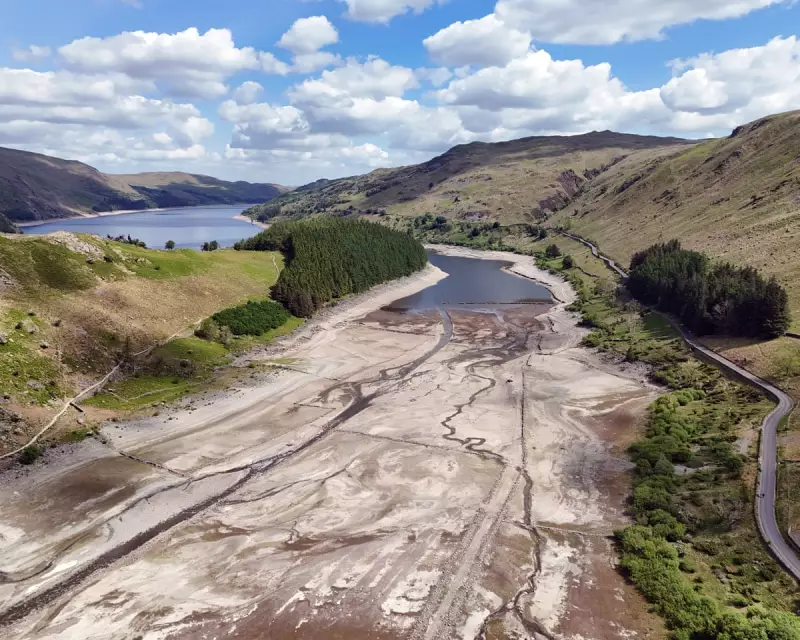
Britain's cherished wildlife is facing an unprecedented threat following one of the driest summers on record, with iconic species including hedgehogs, Atlantic salmon, and wetland birds pushed into severe danger, Natural England has urgently warned.
The prolonged period of exceptionally low rainfall and high temperatures throughout 2025 has created an ecological crisis, desiccating habitats and leaving animals struggling to find food and water. The government's conservation agency reports that the cumulative stress of successive dry years has now reached a critical tipping point.
Hedgehogs on the Brink
One of the most concerning casualties of the dry spell is the nation's beloved hedgehog. The hard-baked ground has made it nearly impossible for them to forage for their primary food sources—earthworms, slugs, and insects—which have burrowed deep underground to escape the aridity.
This has led to widespread reports of emaciated and dehydrated hedgehogs being found by the public, with rescue centres reporting a significant influx of underweight juveniles who are ill-prepared for hibernation.
River Ecosystems in Crisis
The crisis extends dramatically beneath the waterline. Rivers and streams across the country have seen water levels plummet to historic lows, increasing water temperature and reducing oxygen levels.
This creates a lethal environment for cold-water species like the Atlantic salmon. Spawning gravels have become exposed and inaccessible, critically endangering the next generation of fish and threatening the entire aquatic food web.
Bird Populations Under Threat
Wetland and ground-nesting birds are also suffering devastating losses. Key wetland sites have shrunk or dried out completely, destroying feeding and nesting grounds for waders and waterfowl.
Furthermore, the lack of soil moisture means many birds are finding it difficult to probe for invertebrates, leading to starvation and failed breeding seasons. The silent springs feared by conservationists are edging closer to reality.
A Call for Action
Natural England emphasises that this is not an isolated incident but a stark preview of a future shaped by climate change. They are calling for a concerted national effort to future-proof the UK's landscapes, including:
- Creating wildlife corridors: Allowing species to move freely to find water and new habitats.
- Restoring wetlands: Natural solutions like peatland restoration can act as giant sponges, holding water in the landscape.
- Public vigilance: Encouraging people to provide shallow water dishes in their gardens and support local wildlife rescue centres.
The message from conservationists is clear: immediate and sustained action is required to prevent irreversible damage to the nation's natural heritage. The fate of Britain's most vulnerable species hangs in the balance.





